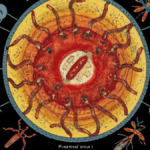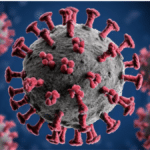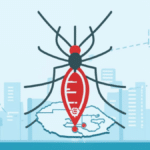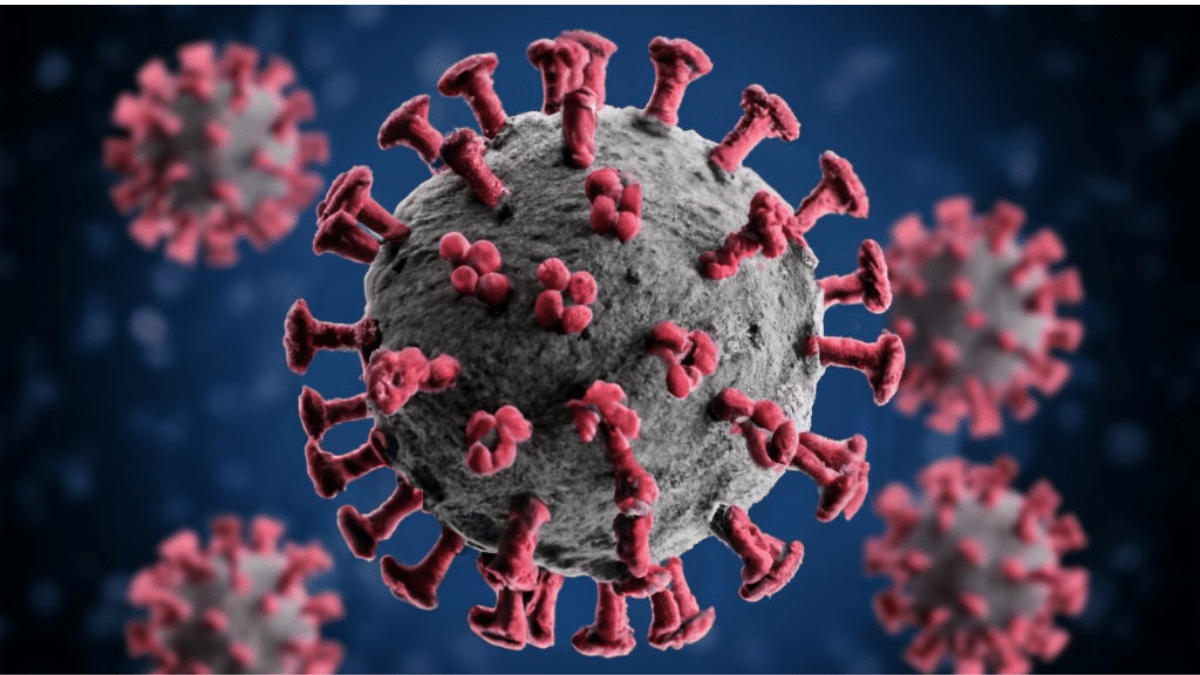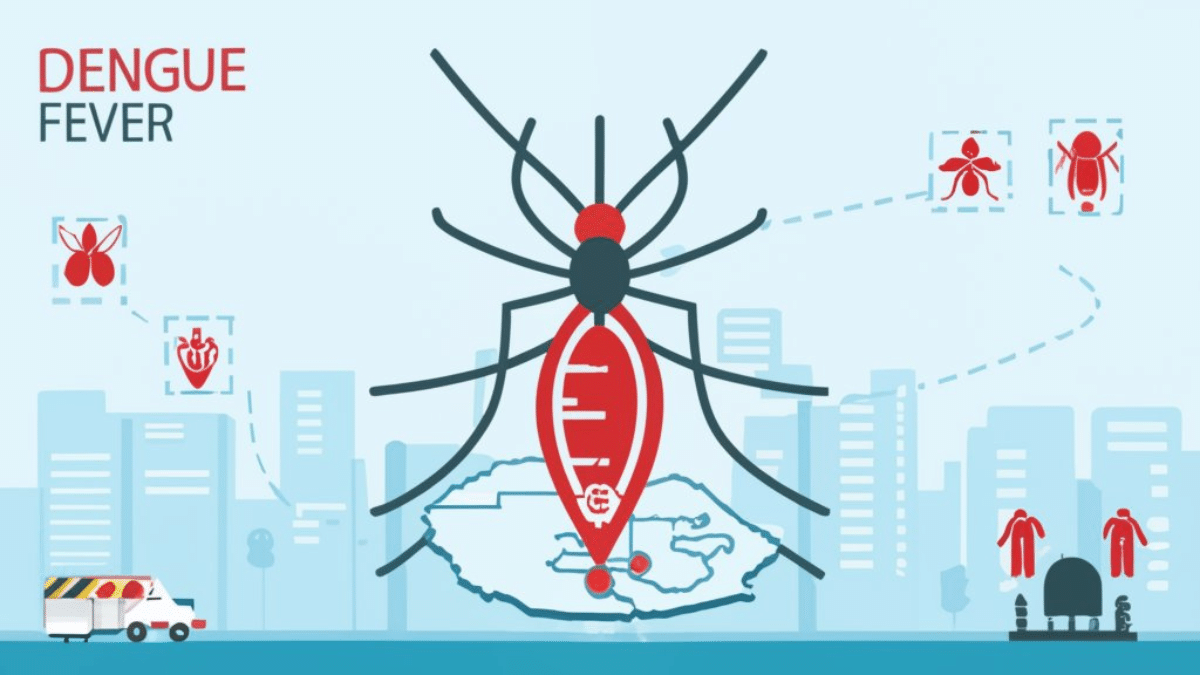Swine flu, also known as H1N1 influenza, is a respiratory disease caused by the H1N1 influenza virus. This virus initially spread from pigs to humans and caused a global pandemic in 2009-2010. While the situation is now under control, understanding swine flu’s causes, symptoms, diagnosis, and treatment remains crucial for effective management and prevention.
Table of Contents
Causes of Swine Flu
It is caused by the H1N1 influenza virus, which has genetic material from human, pig, and bird flu viruses. The virus spreads from person to person through:
- Airborne Transmission: When an infected person coughs or sneezes, droplets containing the virus can be inhaled by others.
- Direct Contact: Touching surfaces contaminated with the virus and then touching the face, especially the nose or mouth.
- Close Contact: Spending time near an infected person, especially in close or crowded environments.
Symptoms of Swine Flu
The symptoms of flu are similar to those of regular seasonal flu and can range from mild to severe. Common symptoms include:
- Fever: Often high, above 100.4°F (38°C).
- Cough: Persistent and can be either dry or productive.
- Sore Throat: Irritation and pain in the throat.
- Body Aches: Muscle pain and body aches, sometimes severe.
- Fatigue: Pronounced tiredness and lack of energy.
- Headache: Intense headaches are common.
- Chills: Shivering and feeling cold.
- Runny or Stuffy Nose: Nasal congestion or discharge.
- Diarrhea and Vomiting: Sometimes present, especially in children.
Diagnosis of Swine Flu
Diagnosing involves a combination of clinical evaluation and laboratory tests:
- Clinical Evaluation: Based on the patient’s symptoms and history, including recent travel to areas with known outbreaks or contact with infected individuals.
- Laboratory Tests:
- Rapid Influenza Diagnostic Tests (RIDTs): Can provide quick results but may not be as accurate.
- Reverse Transcription Polymerase Chain Reaction (RT-PCR): More accurate test that can confirm the presence of the H1N1 virus.
- Viral Culture: Less commonly used due to longer processing time but can provide detailed information about the virus.
Precautions Against Swine Flu
Preventing involves measures to avoid infection and stop the virus from spreading:
- Vaccination: The annual flu vaccine often includes protection against the H1N1 virus.
- Hand Hygiene: Regular hand washing with soap and water or using alcohol-based hand sanitizers.
- Respiratory Etiquette: Covering mouth and nose with a tissue or elbow when coughing or sneezing.
- Avoiding Close Contact: Staying away from infected individuals and avoiding crowded places during outbreaks.
- Cleaning and Disinfecting: Regularly cleaning surfaces that are frequently touched, such as doorknobs, light switches, and phones.
- Using Face Masks: In high-risk areas or during outbreaks, wearing masks can reduce the spread of the virus.
Treatment for Swine Flu
Treatment for swine flu focuses on relieving symptoms and preventing complications:
- Antiviral Medications:
- Oseltamivir (Tamiflu) and Zanamivir (Relenza): Can reduce the severity and duration of symptoms if taken within the first 48 hours of symptom onset.
- Symptom Relief:
- Fever and Pain: Use acetaminophen (paracetamol) or ibuprofen to reduce fever and alleviate pain.
- Hydration: Drink plenty of fluids to stay hydrated.
- Rest: Adequate rest is essential for recovery.
- Medical Care: In severe cases, hospitalization may be required, especially if there are complications like pneumonia or respiratory distress.
Swine flu remains a significant public health concern, but with proper precautions and prompt treatment, its impact can be minimized. By understanding the causes, recognizing the symptoms, and knowing the preventive measures and treatment options, individuals can better protect themselves and their communities from this contagious illness. Stay informed, practice good hygiene, and seek medical attention if you suspect you have contracted swine flu to ensure a healthy and safe environment for all.


